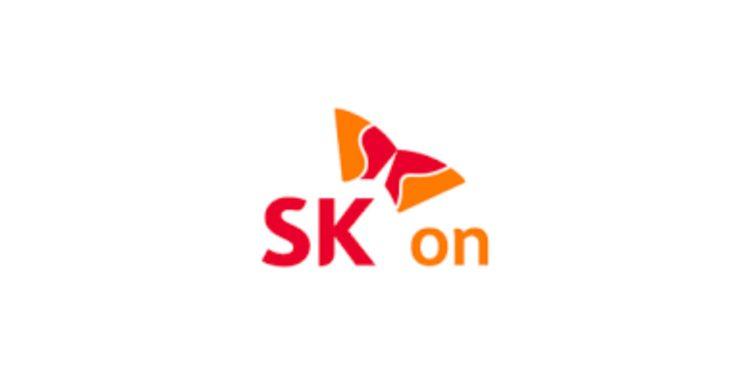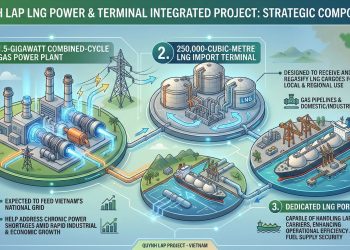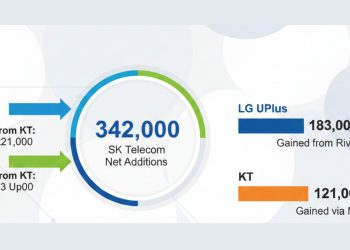Ford’s electric vehicle (EV) battery partner, SK On, foresees a challenging year for EV sales in 2024 but maintains a positive long-term outlook. Despite having furloughed some US workers in response to weakening demand for electric vehicles last year, SK On’s Chief Commercial Officer, Min Sung, expressed adaptability to the current market conditions.
During an interview at the CES technology conference in Las Vegas, Min Sung emphasized the need for flexibility in the short term while affirming the company’s robust goals through the end of the decade, aligning with their initial plans.
The Korean electric vehicle battery supplier for Ford Motor Company, SK On, acknowledges the possibility of sluggish electric vehicle sales in 2024 but remains optimistic about the extended forecast. Min Sung reiterated the company’s established goals, emphasizing that SK On’s long-term vision for electric vehicle production aligns with its original plans despite the temporary challenges.
The strategic perspective aims to navigate current market dynamics, ensuring resilience and sustained growth beyond the immediate challenges in the electric vehicle sector.
SK On and Ford are jointly establishing battery plants in Tennessee and Kentucky, with the commencement of production expected in 2025. However, due to a deceleration in electric vehicle (EV) sales, Ford decided to postpone the initiation of a second facility in Kentucky in October 2023.
This delay is part of Ford’s adjusted approach to its $50 billion investment plan for electric vehicles. SK On, which presently operates two independent battery plants in Georgia supplying Ford and Volkswagen AG, is also in the process of planning an additional facility in the state, collaborating with Hyundai Motor Group.
SK On anticipates achieving its maiden profitable year, buoyed by tax credits derived from the Biden administration’s Green Energy Act. The legislation, aimed at fostering domestic production of electric vehicles (EVs) and their components, is instrumental in SK On’s optimistic outlook for profitability in the current fiscal year.
SK On is proactively working to diminish reliance on Chinese suppliers, particularly in the supply chain for essential battery materials such as nickel, cobalt, manganese, and graphite. The conglomerate’s shift is fueled by a desire to insulate itself from vulnerabilities associated with the dominance of Chinese suppliers in critical components.
Concurrently, SK On is engaged in advocacy efforts, seeking an extension from the Biden administration for compliance with regulations designed to eliminate China from the EV supply chain progressively.
While currently capable of meeting small-volume requirements under existing guidelines, SK On emphasizes the need for additional time to facilitate larger production escalations projected for 2025, 2026, and 2027.
Also Read:
- Hyundai Motors Takes Flight: Supernal Electric Air Taxi Aims for 2028 Launch
- Hyundai Unveils Robot-Run EV Smart Hub in Singapore
- Pangyo Techno Valley: Spearheading South Korea’s AI Revolution
- Government-Backed Initiative: KT Unveils Budget-Friendly Galaxy Jump 3 Smartphone
- Hyundai and Kia Partner with LS e-Mobility for $187 Million EV Relay Supply Deal







